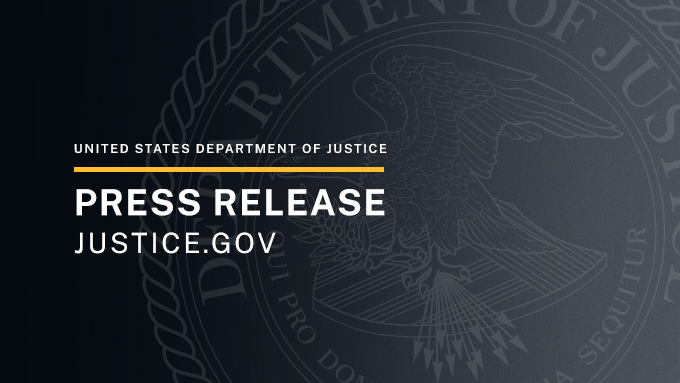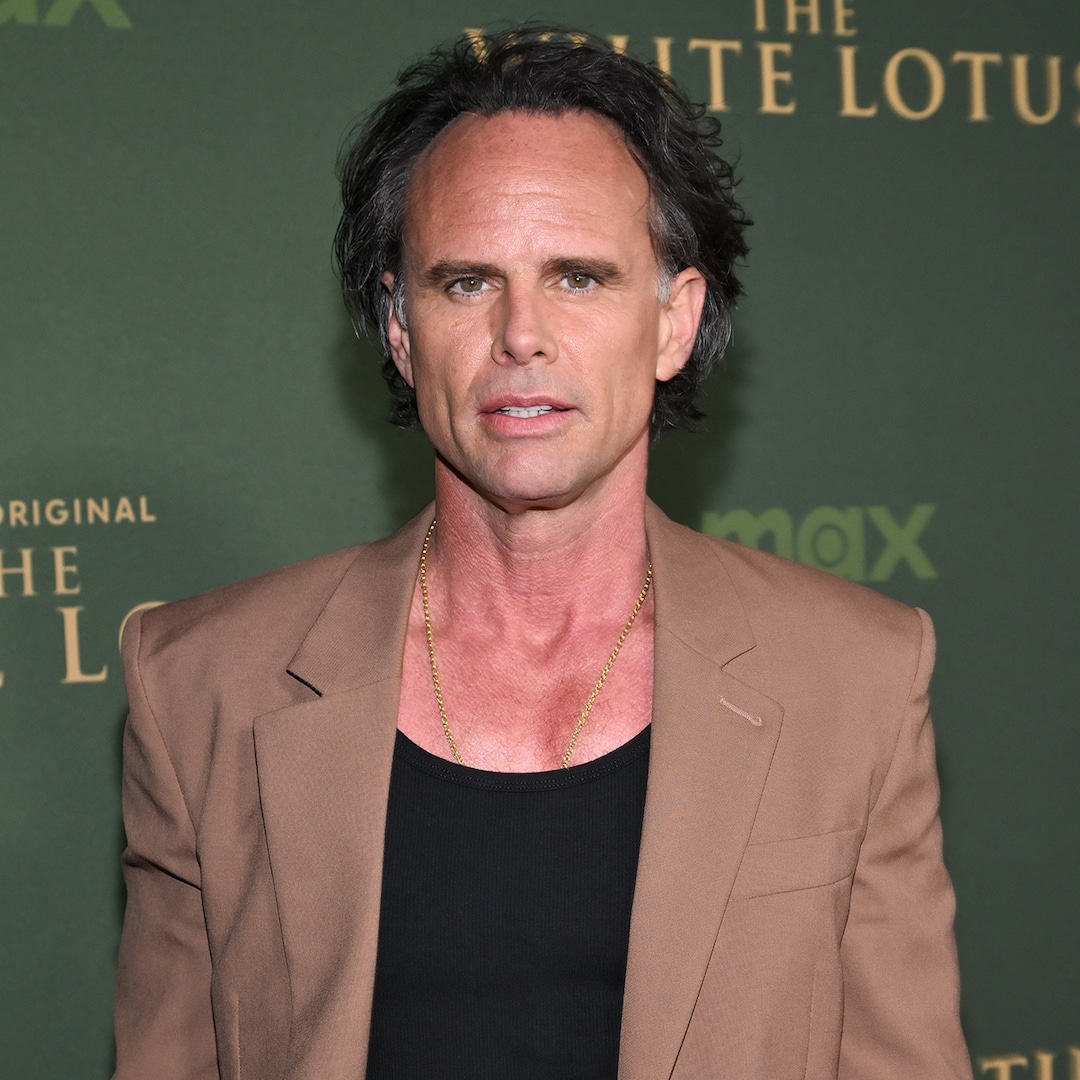Tunisian Dentists Suspend Health Ministry Collaboration Over Policy Disputes
Dentists cite lack of consultation as primary reason for halting participation in health initiatives,raising concerns about oral healthcare policy.
In a move that underscores ongoing tensions between healthcare professionals and government bodies, the union representing dentist doctors in Tunisia announced Wednesday it would suspend its participation in the work of commissions within the Ministry of Health.
The decision is “a protest against what it considers as ‘unilateral decisions’ taken by the Ministry of Health without consultation of professionals and elected authorities.” The action highlights a growing global concern about inclusive healthcare policy and the crucial role of dental professionals in shaping oral health initiatives.
Accusations of Overreach and Neglect
The National Union office released a statement emphasizing that “the National Council of the Order of dentists is the only party empowered by law to organize the dental medicine sector in Tunisia, to ensure coordination and interaction and all decisions outside this framework constitute ‘a serious overcoming of its prerogatives.'” This statement directly challenges the Ministry of Health’s authority and underscores the dentists’ demand for greater involvement in policy-making decisions affecting their profession and the public’s oral health.
The Spark: A Contentious Meeting
The dispute arose following a meeting at the Ministry of Health, which included the dean of the Faculty of Dental Medicine and several teachers. “At the end of this meeting, the Ministry of Health had announced several measures to strengthen dental medicine benefits through all regions, including in particular the creation of a national commission responsible for the promotion of oral health and the generalization of dental medicine consultation in all regions.”
These measures, intended to improve access to dental care, ironically triggered the current conflict due to the perceived lack of consultation with the dentists’ union.
Education and Access: Core concerns
The union also addressed the role of dental education,stating that “the Faculty of Dental Medicine’s mission is to train students in dental medicine and provide them with continuous academic training which should be free or paid at symbolic prices and within the reach of Tunisian dentists.” This highlights the importance of affordable dental education in ensuring a sufficient number of dentists to serve the population, particularly in underserved areas.
Failed Attempts at Dialog
Adding to the frustration, “the union said it has tried several times to start a dialogue with the supervisory authority in order to find solutions to the problems of the sector, without obtaining responses from the Ministry of Health.” This alleged lack of communication has further strained the relationship between the dentists and the government,leading to the current suspension of collaboration.
Echoes in the U.S.: A Need for Collaboration
The situation in Tunisia mirrors concerns in the United States, where dentists and dental hygienists are advocating for greater involvement in shaping oral health policy at the state and federal levels. Many US dentists feel sidelined from policy decisions and underappreciated for the care they provide. In rural areas, the lack of access to dental care is a persistent issue exacerbated by policy decisions that don’t adequately address the unique needs of these communities.
A 2024 study by the ADA Health Policy Institute found that increased collaboration between dental professionals and policymakers could lead to more effective and equitable oral health programs. The study emphasized the importance of recognizing the expertise of dentists in addressing specific community needs.
The Case for Diverse Perspectives
Some argue that the Ministry of Health’s approach is justified in its effort to rapidly implement crucial oral health initiatives across Tunisia, especially in underserved communities. It might very well be argued that extensive consultations, while ideal in theory, can significantly slow down the process of delivering much-needed care to vulnerable populations.By streamlining decision-making, the ministry aims to quickly address urgent healthcare needs and improve public health outcomes more efficiently.
However, the dentists view this as top-down management that neglects the nuanced understanding of the sector that comes from those working directly within it.
Understanding Teledentistry
One area where collaboration is key is in the expanding field of teledentistry. A 2025 report from the National Institute of Dental and Craniofacial research (NIDCR) highlights the potential of teledentistry to improve access to care, particularly for those in rural areas or with limited mobility. However, the report also stresses the importance of establishing clear guidelines and protocols, developed in consultation with dental professionals, to ensure patient safety and quality of care.
FAQ: Addressing Common Questions About Oral health Policy
| Question | Answer |
|---|---|
| Why is dentist involvement in policy crucial? | Dentists’ expertise ensures policies are practical, effective, and patient-centered. |
| What is teledentistry? | Teledentistry uses technology for remote dental consultations and care, improving access in underserved areas. |
| How can I advocate for better oral health policies? | Contact your representatives, support dental associations, and raise awareness in your community. |
| What are some common barriers to dental care? | Cost, lack of insurance, and limited access in rural areas are major barriers. |
| Where can I find affordable dental care? | Community dental clinics, dental schools, and government programs offer low-cost options. |
What steps could be taken by the Tunisian Ministry of Health too improve interaction and collaboration with dentists regarding oral healthcare policy?
Archyde Interviews Dr. Amira Ben Youssef on Tunisian Dentist Conflict
Examining the implications of the Ministry of HealthS policy disagreements and the future of oral healthcare in Tunisia.
Archyde News Editor: Welcome, Dr. Amira Ben Youssef, to Archyde.Thank you for joining us today. Could you please introduce yourself to our readers and briefly describe your current role within the dental community of Tunisia?
Dr. Amira Ben Youssef:
Thank you for having me.I am Dr. Amira ben Youssef,a practicing dentist in Tunis and a member of the National union of Dentists. I also serve on the board representing the interests of private practice dentists across the country.
Archyde News Editor:
The recent decision by the National Union to suspend collaboration with the Ministry of Health has certainly raised eyebrows. Could you explain the specific grievances that led to this action?
dr. Amira Ben Youssef:
certainly.Our primary concern stems from the Ministry’s practice of making meaningful policy decisions, particularly those related to the promotion of oral health initiatives and the establishment of new commissions, without proper consultation with the National Union and the Order of Dentists. We believe that such actions undermine the role of dental professionals and hinder the growth of effective, patient-centered oral healthcare strategies.
Archyde News Editor:
The article mentions a meeting where the Ministry announced several measures. Can you elaborate on why these, intended to improve care, were, ironically, the source of contention?
Dr.Amira Ben youssef:
The initiatives themselves, such as creating a national commission for oral health, are positive in principle. However, the lack of prior discussion and engagement with the dentists’ union in the planning phase, specifically the structure, scope, and implementation of these measures, is what caused conflict.We believe our expertise and insights are crucial to ensure these initiatives are practically and effectively implemented across various regions, particularly those with limited access to care.
Archyde News Editor:
The article also draws parallels to the situation in the United States, where dentists advocate for greater involvement in policy.how do you see the Tunisian situation in this broader context of global oral healthcare policy?
dr. Amira Ben Youssef:
We are not alone in facing these challenges. Across the globe, there’s a growing recognition of the importance of involving dental professionals in shaping oral health policies. As the ADA recognizes in the US, dentists have a unique understanding of the practical challenges and opportunities in delivering oral healthcare. Greater collaboration ensures that policies are grounded in real-world needs and can be effectively implemented.
Archyde News Editor:
One area highlighted in the article is teledentistry. From your perspective, what is the potential of teledentistry in Tunisia, and what considerations are crucial to its implementation?
Dr. Amira Ben Youssef:
Teledentistry holds immense promise, particularly for underserved communities and rural areas where access to dental specialists is limited. Though, its success hinges on careful planning. We need to establish clear guidelines, ensure patient safety, and develop protocols that ensure the quality of care. This requires close collaboration between dentists, policymakers, and technology experts.
Archyde News Editor:
Looking ahead, what steps do you believe are essential to resolve this conflict and improve oral healthcare policy in Tunisia?
Dr. Amira Ben Youssef:
Dialog is key. The Ministry of Health must initiate constructive dialogue with the National Union and the Order of Dentists.We need to create a platform for collaborative decision-making where dentists’ expertise is valued and incorporated into all policy decisions. Furthermore, focusing on affordable dental education to encourage enough dentists in the regions, and the continued support for the Faculty of Dental Medicine is crucial to the sector’s success. This is not just about policy; this is about the future of oral health in Tunisia.
Archyde News Editor:
Dr.Ben Youssef, why is it critical for dentists to be involved in these discussions? What value do they provide within the sphere of policy making?
Dr. Amira Ben Youssef:
Dentists bring hands-on experience, practical knowledge, and a patient-centric approach to policy formulation. We have a deep understanding of challenges, such as the cost, access, and effectiveness of treatments. By involving us, policymakers can develop more effective, sustainable, and equitable oral healthcare strategies that truly meet the needs of all Tunisians. A dentist in practice knows the patient journey better than any policymaker.
Archyde News Editor:
Dr. Ben Youssef, thank you immensely for your insightful perspectives. It’s been invaluable.
Dr. Amira Ben Youssef:
My pleasure. Thank you for the opportunity to share our concerns.
Archyde News Editor: What are your thoughts on this issue? Share your comments below.What key issues are being raised by the dental community?







